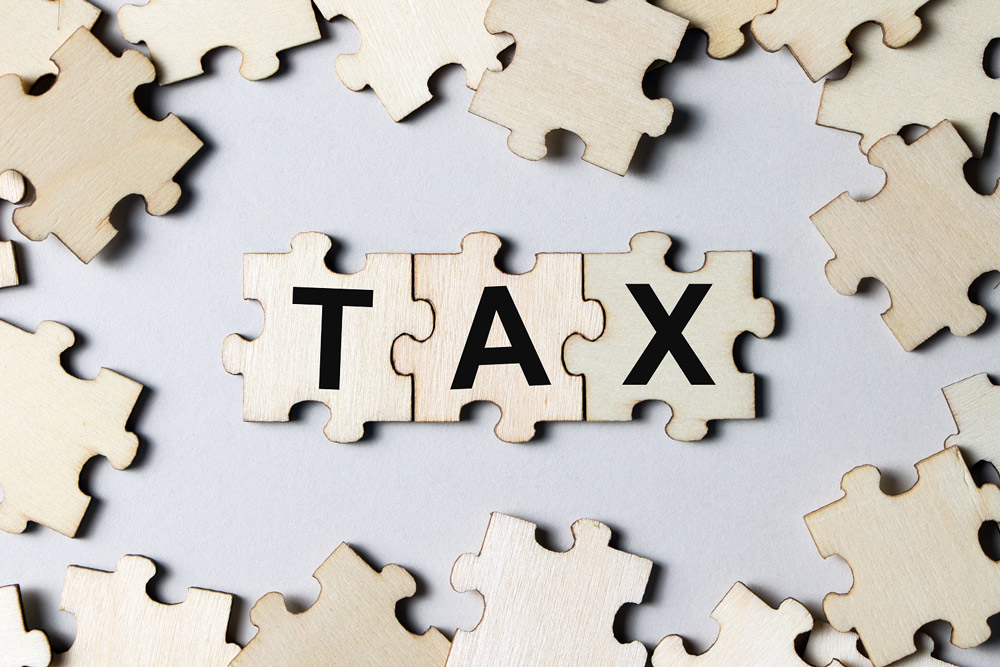Understanding Fringe Tax Benefits and Taxis
Australian businesses who have been letting their employees use ride-sharing apps (such as Ola and Uber) instead of licensed taxis could now have to pay some sizable back taxes. The Australian Taxation Office confirmed on their website last month that ride-share vehicles are not eligible for fringe benefits tax (FBT) exemptions. The news has left many people (understandably) confused, so we’re breaking down exactly what this means for Australian businesses and employees.
ride-share vehicles are not eligible for fringe benefits tax (FBT) exemptions.
What are FBT Exemptions?
First of all, it’s important to understand what a fringe benefit is. Essentially, a fringe benefit something you get from your employer in addition to your salary. For example, discounted gym membership, or a company car. Employees don’t pay tax on fringe benefits, but employers do.
Certain add-ons are exempt from fringe benefit tax, provided that the notional taxable value is under $300. Since 1995, single trip taxi rides beginning or ending at the employee’s place of work have been judged as FBT exempt by the ATO. It gets pretty confusing here, but the important thing to know is that companies booking taxis for their staff (provided they meet the ATO’s conditions) don’t have to pay fringe benefits tax, which can add up to some pretty big savings.
Why is ride share different?
An ATO spokesman told the ABC: “FBT taxi travel exemptions is limited to travel undertaken in a vehicle licensed to operate as a taxi by the relevant state or territory — that is, licensed to provide rank and hail work.” Essentially, it comes down to the use of the word taxi in Australia’s taxation law. Some ridesharing trips may still fall under the category of a ‘work related expense’ and remain tax deductible, but employers will have to pay extra attention to avoid misclassifying these rides.
How will this affect businesses?
For businesses who have been directing employees to ride sharing services, this ATO ruling is bad news. Employers who have been assuming that ridesharing services were exempt from fringe benefits tax could now be looking at huge back taxes, which may land companies in financial hot water. Businesses who have been exclusively using taxis don’t have anything to worry about from the ATO, and it’s likely that employers who have been using rideshare services will now switch back to using taxis. When deciding which service to use, it’s important to remember that this additional tax will make ride share trips more expensive than their base price.
Whatever decisions Australian businesses make going forward, the ATO’s statements are sure to impact upon employer’s travel plans. Before arranging travel for your employees, or yourself, be sure to take into account how fringe benefit tax exemptions might impact your budget.








